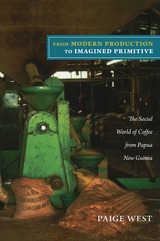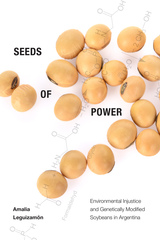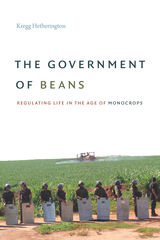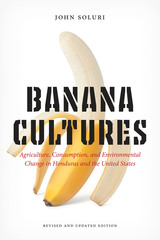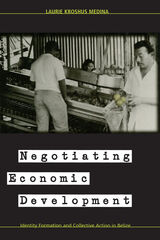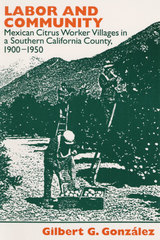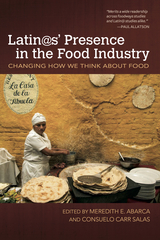Fair Bananas!: Farmers, Workers, and Consumers Strive to Change an Industry
University of Arizona Press, 2009
eISBN: 978-0-8165-4839-2 | Cloth: 978-0-8165-2720-5 | Paper: 978-0-8165-2836-3
Library of Congress Classification HD9259.B2F78 2009
Dewey Decimal Classification 382.414772
eISBN: 978-0-8165-4839-2 | Cloth: 978-0-8165-2720-5 | Paper: 978-0-8165-2836-3
Library of Congress Classification HD9259.B2F78 2009
Dewey Decimal Classification 382.414772
ABOUT THIS BOOK | AUTHOR BIOGRAPHY | REVIEWS | TOC
ABOUT THIS BOOK
Bananas are the most-consumed fruit in the world. In the United States alone, the public eats about twenty-eight pounds of bananas per person every year. The total value of the international banana trade is nearly five billion dollars annually, with 80 percent of all exported bananas originating in Latin America. There are as many as ten million people involved in growing, packing, and shipping bananas, but American consumers have only recently begun to think about them and about their working conditions. Although European nations have helped create a “fair trade” system for bananas grown in Mediterranean and Caribbean regions, the United States as a country has not developed a similar system for bananas grown in Latin America, where large corporations have dominated trade for more than a century.
Fair Bananas! is one of the first books to examine the issue of “fair-trade bananas.” Specifically, Henry Frundt analyzes whether a farmer-worker-consumer alliance can collaborate to promote a fair-trade label for bananas—much like those for fair-trade coffee and chocolate—that will appeal to North American shoppers. Researching the issue for more than ten years, Henry Frundt has elicited surprising and nuanced insights from banana workers, Latin American labor officials, company representatives, and fair-trade advocates.
Frundt writes with admirable clarity throughout the book, which he has designed for college students who are being introduced to the subject of international trade and for consumers who are interested in issues of development. Frankly, though, Fair Bananas! will appeal to anyone who wants to know more about bananas, including where they come from and how they get from there to here.
Fair Bananas! is one of the first books to examine the issue of “fair-trade bananas.” Specifically, Henry Frundt analyzes whether a farmer-worker-consumer alliance can collaborate to promote a fair-trade label for bananas—much like those for fair-trade coffee and chocolate—that will appeal to North American shoppers. Researching the issue for more than ten years, Henry Frundt has elicited surprising and nuanced insights from banana workers, Latin American labor officials, company representatives, and fair-trade advocates.
Frundt writes with admirable clarity throughout the book, which he has designed for college students who are being introduced to the subject of international trade and for consumers who are interested in issues of development. Frankly, though, Fair Bananas! will appeal to anyone who wants to know more about bananas, including where they come from and how they get from there to here.
See other books on: Banana trade | Change | Farmers | Industry | Workers
See other titles from University of Arizona Press

